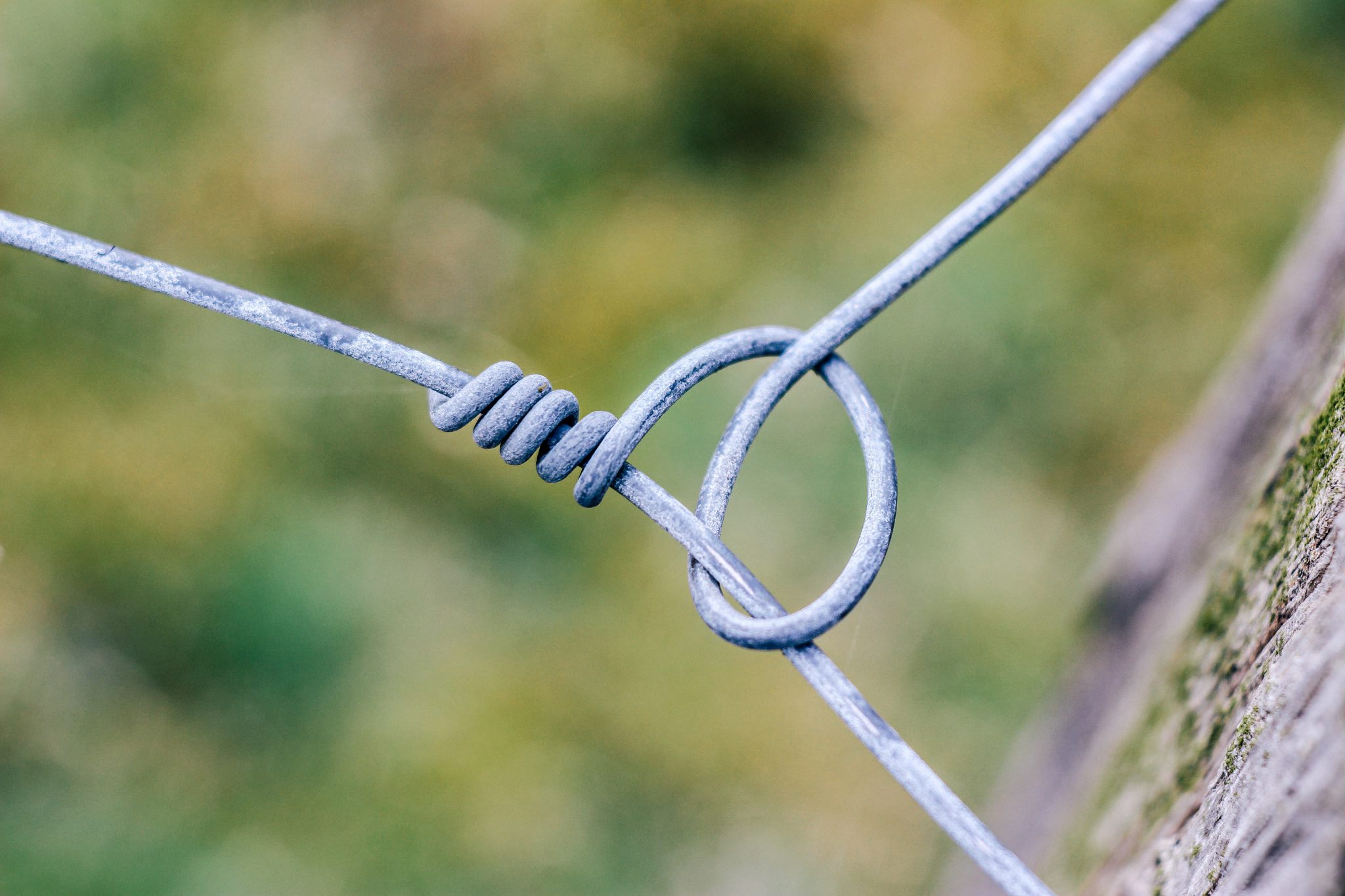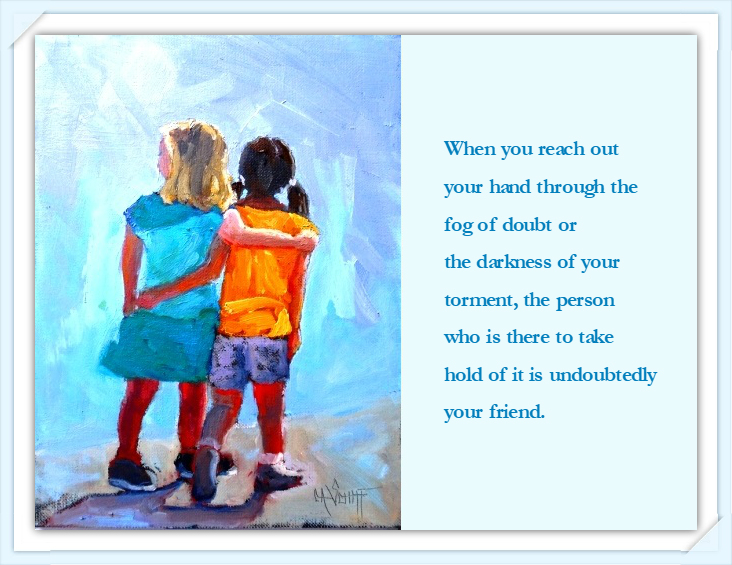
Fear of asking for help
August 8, 2017 in Educate Yourself
When you feel anxious, some things that are not challenges to others can seem like huge mountains for you to climb. It can seem like it is ridiculous that you are worried about this or that it is even a challenge for you. But it is. And you can’t just make it go away. Even thinking about it makes your shoulders tight or your throat close up. So you avoid it, push it off to think about later.

Photo Credit: Marcus Rahm via Compfight cc
Having feelings of anxiety can mean that you are also worried about doing something that will help your anxiety. Maybe you know that talking to a therapist would help but you are scared even thinking about sitting down with someone one on one to talk about how worried you were about meeting them! How could that ever be helpful? Maybe you know getting some exercise might help you but you are worried about how you look in a gym outfit and what you would wear – it is just not worth the trouble. Maybe your doctor suggested you take a medication but you googled the side effects and are worried they would all happen to you. No way, you are staying away from it.
How can anything help when everything is too scary to even try or think about?
One treatment which can help with phobias – or having an intense fear of something which might not always make sense to other people – is exposure therapy. This same type of technique might help you with overcoming your fear of getting help. Try it out. Think about what is the scary thing I want to do? Now break it up into smaller pieces. Rate those small pieces on how anxious they would make you feel. Think about how you might cope with that anxiety – could you talk yourself through it? could you go with a friend? could you do deep breathing? Sometimes little by little you can take on these challenges. If you need help for anxiety, asking for it is very important, but if you are too anxious to ask for help, its important to get yourself to that stage where you can ask.
Here’s an example:
Challenge: Scared to go to therapist
Break into steps:
- Google the therapist’s office and name online to see if you can read more about them
- Call your insurance to see if it would cover seeing the therapist
- Call the office just to ask questions about how appointments are set up and how often you’d come in
- Call the office to make an appointment
- A week before the appointment go to the office just to look around and know what it is like
- Take a friend/parent with you on the day of the appointment and ask if your friend/parent can come in with you
- For the next appointment try to go in by yourself
- Let your therapist know you are anxious about talking to them and ask for help working on that before you open up about more sensitive things
Here is a site that will guide you through these steps.
Let us know if you tried it and how it worked for you!



















Recent Comments